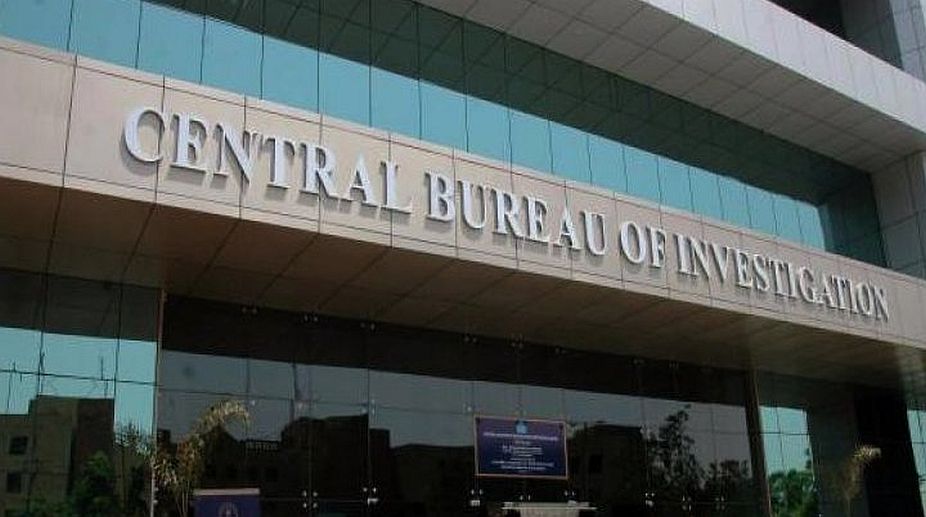Had it not itself contributed to the perception of being an agency to extract political vengeance, there would have reason to hail the Central Bureau of Investigation’s launching criminal cases into the functioning of Air-India during the UPA-II regime. The multiple “scams”, that had seen the once-successful carrier plunge into debt of some Rs 46,000 crore, were in no way less shameful than the corruption-laced allocation of coal blocks and 2G Spectrum. Regretfully, the timing of the CBI action bolsters an impression of a proxy-war ~ and as the Army Chief has pointed out, proxy-wars are “dirty”. The man who would face much of the flak from a CBI probe (named in the FIR) is the former minister for civil aviation ~ whose political mentor is the veteran the Opposition parties are considering as one possible option as a common candidate for the upcoming Presidential poll. The tragedy is that while there will be much “smelling a rat” in the CBI probes, a suspected bandicoot might get off the hook ~ as has happened with so many other probes (kickbacks in several arms deals for example) that have got deflected as a result of being politically-targeted. The ruination of Air-India cannot be rendered secondary to extorting political mileage. True that CBI cases are also registered against yet-unnamed persons, but the reputation of the probe agency inspires little confidence that it is committed to nailing nonpolitical miscreants. This is one sick precedent that the present government has never chosen to slam: too embarrassed at doing the same thing?
Flying above political clouds, questions have to be asked if the CBI is equipped to probe such complex and controversial matters like the merger of the two public sector carriers, the exorbitant expenditure on acquiring aircraft for which there was little commercial requirement, the surrender of profitable international “slots” and so on. The CBI is manned by “cops”, their training and presumed expertise is limited to detecting bribery and illegal gratification. Professional evaluation of (mis)management decisions are not within the CBI’s competence, and if the government was sincere about bringing Air-India’s destroyers to book it would have opted for an inquiry panel comprising leaders from the aviation industry. But that would involve making a long-term comprehensive assessment of all that went wrong with both airlines ~ not just the manner in which Mr Manmohan Singh allowed his coalition partners to “milk the system” ~ and that could also cause some disquiet among those who held charge of civil aviation during the Vajpayee government. The “grounding” of Air-India was no overnight development. And there would be an element of cowardice to the revived chorus for privatising the airline, or massive disinvestment. Effective governance requires addressing and rectifying shortcomings ~ much more demanding than projecting all predecessors as swindlers.
Advertisement











